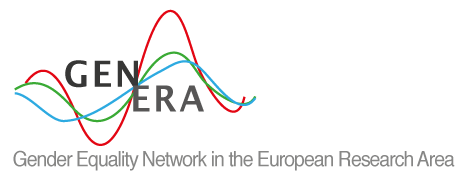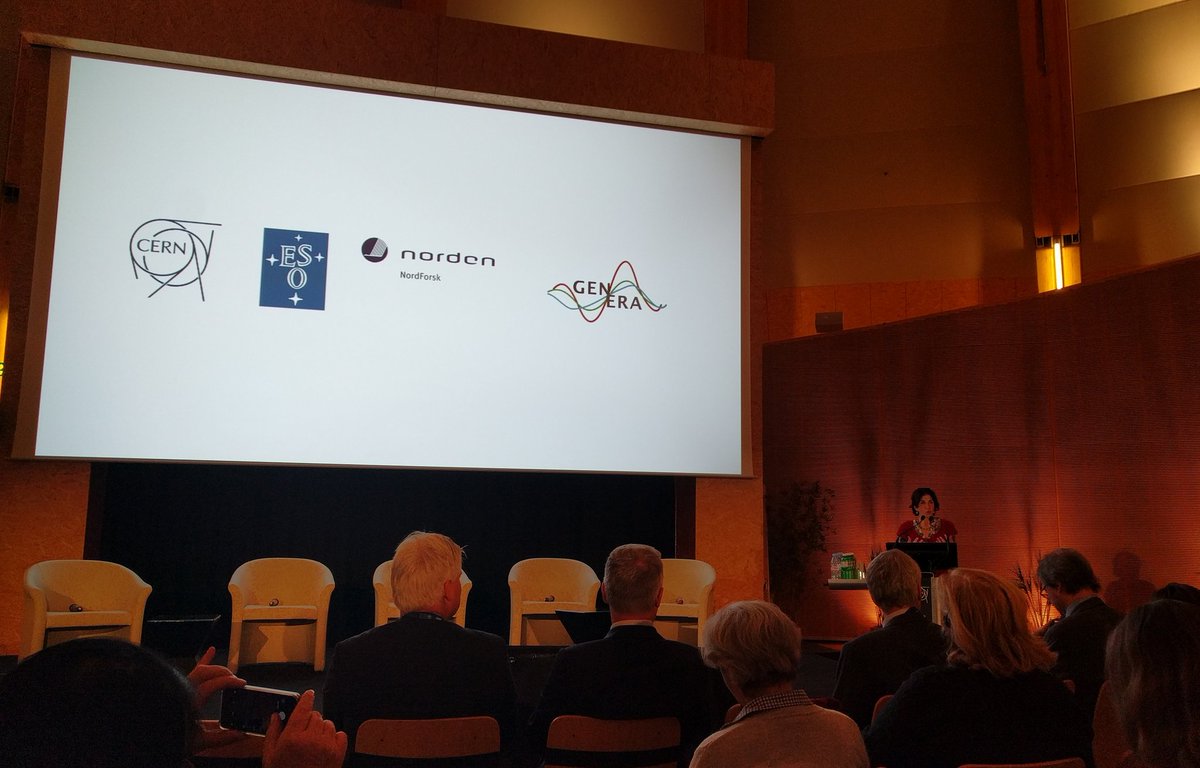Gender in Physics Day

The fourth Gender in Physics Day (GiPD) conference was hosted by ESO, NordForsk and CERN on Friday 27 January 2017 at the Globe of Science and Innovation, CERN. The GiPD, organised in the framework of the GENERA Project (Gender Equality Network in the European Research Area), provided the host organisations with an excellent opportunity to review and present the current trends in gender equality in physics.
The organisers made a comparative presentation of demographics, policies and initiatives at 5 of the EIRO Forum organisations, in particular, ESA, ESO, ESRF, European XFEL and CERN. According to their data, the research organisations appear to share similar challenges.
The presentation was followed by a discussion panel of Human Resources management-level professionals from the organisations. The panel agreed that, “Gender equality in physics needs to become an every-day concern”, and “more actions to promote STEM careers to young female students are vital”.

During the Nordic countries’ session, the Nordic gender paradox was brought to light. Despite impressive gender balance indices in the northern European countries, the gender gap in STEM fields remains. The percentage of women who pursue a career in research and innovation and achieve top-end positions is significantly less than that of men.
The morning session continued with talks bringing a different perspective to the discussion: diversity matters in large international HEP collaborations, women in science in developing countries, and equality and STEM-promoting activities in the fields of astronomy and at the European Molecular Biology Lab (EMBL).
On the front of age diversity, ATLAS provided a positive insight: within the 5000 members’ collaboration, 50% are younger than 35 years old, the gender representations for the new generation is rather balanced and the gender structure maintained through the leadership positions.
A presentation on women studying science in Palestine revealed a common situation in the Arab world. A fair proportion of women study science, not necessarily to pursue a career as scientists; often women are keen to become teachers.
In the afternoon, the conference featured interactive sessions and workshops, with speakers from various international collaborations (LHCb, EuroFusion, FCC), organisations (ESO, CERN), and European networks (GARCIA Project, String Theory Universe, GENPort), allowing the participants to express their views and challenge their own unconscious bias. The conference was attended by more than 80 participants including junior and senior researchers, human resources staff, policy-makers, management and communication professionals as well as other stakeholders. The proportion of men attending the session was 20%.
To discover more about gender equality and diversity in physics and to be informed about future events, visit the CERN Diversity Office website: http://diversity.web.cern.ch/.
